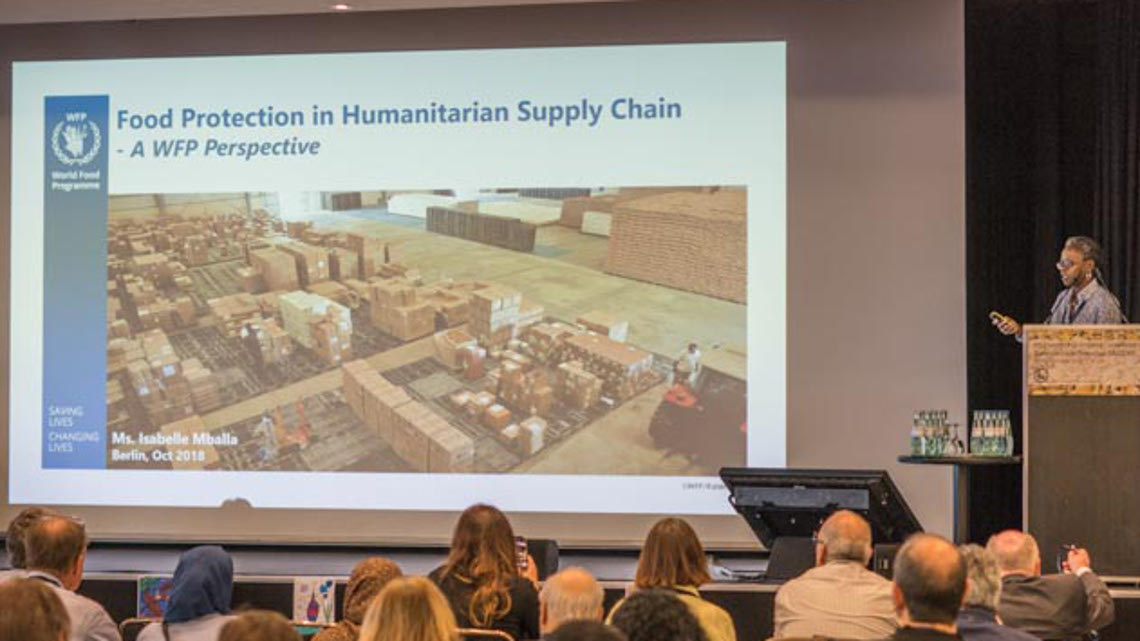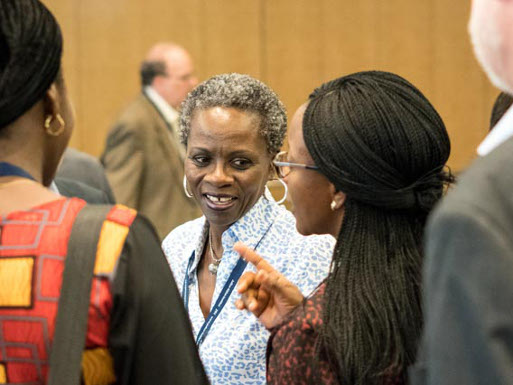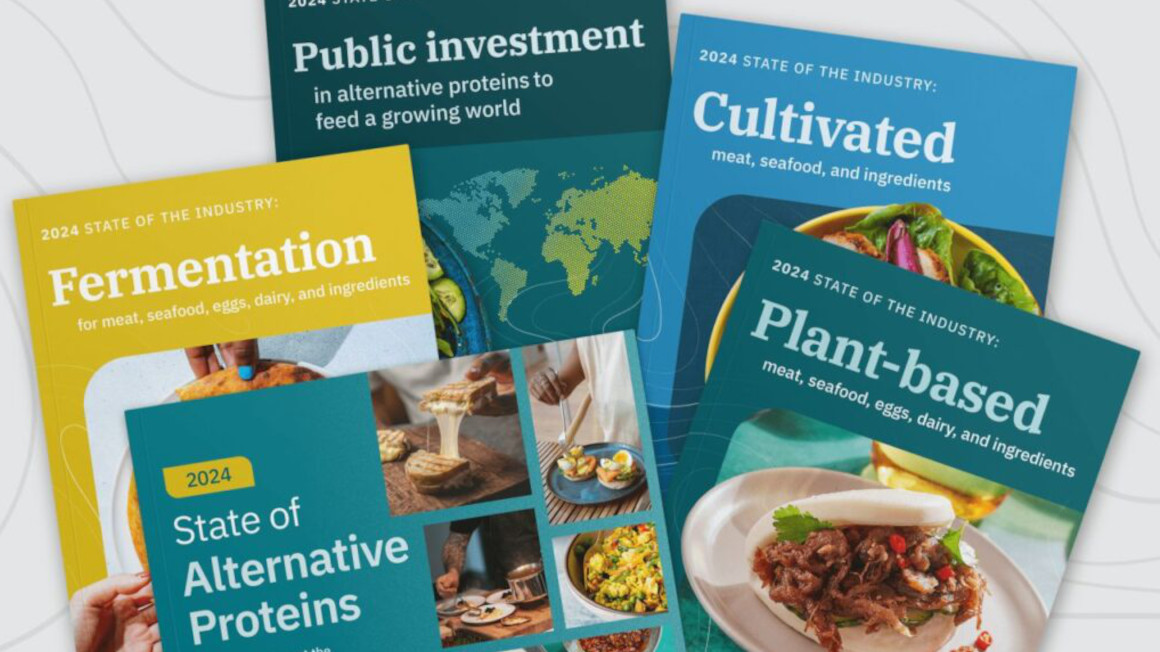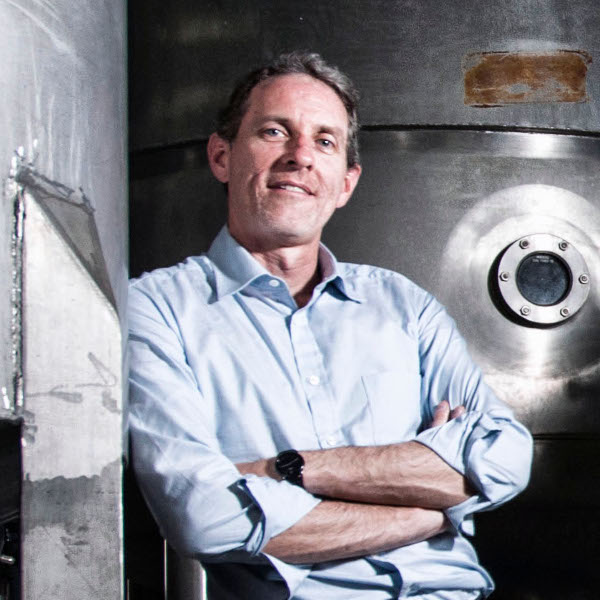Focus on stored product protection
About 500 experts from 70 countries met in Berlin at the beginning of October for the 12th International Working Conference on Stored Product Protection - IWCSPP2018.

Considering the world's growing population and shrinking resources, it is becoming increasingly important not to waste food. However, according to a report by the Food and Agriculture Organization of the United Nations (FAO) in 2011, one third of the world's food supplies are lost between harvest and consumption. This is why conservation research is more important than ever, says Cornel Adler of the Julius Kuehn Institute (JKI). Adler is a member of the International Working Conference on Stored Product Protection (IWCSPP) and organized the 12th International Conference, which took place in Berlin from October 7 to 11. About 500 international experts from research and industry came together at the Hotel Maritim proArte in the centre of Berlin to discuss new research results regarding the protection of food products and their implementation.
Fostering knowledge exchange
The patron of the conference was the Federal Ministry of Agriculture (BMEL). Agriculture Minister Julia Klöckner opened the scientific part of the event on Monday morning with a video message. "What use is the best harvest if it cannot be stored afterwards," asked the Minister. She expressed her gratitude considering that so many experts had come together in Berlin - after all, the main aim of the conference was knowledge exchange.
Subsequently, JKI President Georg Backhaus addressed the participants and underlined the importance of securing the storage of harvest yields in view of uncertain world markets and extreme weather conditions due to climate change: "This summer has demonstrated how quickly drought and heat can lead to considerable losses in harvest yields. In order to be prepared for these kind of situations, we must be able to store harvest surpluses from good years for the long term."
Lack of innovation in Germany
In his opening remarks, Adler also referred to the shortcomings in the protection of stocks across Europe and in Germany. According to him, German universities have neglected applied research in this field over the past 30 years. "At the same time, no investments were made in storage facilities because of the pressure on farmers to sell their products at ever lower prices. There is a blatant lack of innovation regarding the protection of stored products, which we now urgently need to overcome - at least partly also in cooperation with colleagues from tropical countries," says Adler.
Fighting world hunger with better storage
Following Adler, Isabelle Mballa, Head of Food Safety and Quality at the World Food Programme (WFP), gave a keynote speech where she pointed out the political significance of the protection of stored products. She argued that especially in crisis areas such as parts of Africa or Syria, people depend on stored and durable food. The protection of stocks should therefore not only be researched and optimised for large warehouses, but also for smaller portions, for instance via smart packaging, so that people on the run could carry these with them more easily.
Mballa also referred to the sustainability goals of the United Nations (SDGs) and in particular to the two cornerstones "Zero Hunger" and "Partnerships for the goals". "Only via international and cross-sector cooperation can we combat world hunger. Better methods for storing food more safely and over longer periods of time are an important step to reach that goal," says Mballa.
Isabelle Mballa from the World Food Programme (WFP) discussed new findings on the protection of stored products with fellow IWCSPP participants following her presentation.

Raising awareness for the value of food
Friedrich Wacker, Head of the subdivision "International Cooperation, World Food" at the BMEL, referred to the urgency in the fight against malnutrition, especially in developing countries. "There are about 800 million starving people - in part caused by international conflicts, partly due to climate change. Whatever the reason, this number is simply unacceptable!" In addition to harvest losses due to poor storage, Wacker also addressed consumer behavior in industrialized nations, where a lot of food is simply thrown away. With their initiative "Too good for the bin", the BMEL aims to raise awareness and an appreciation for food along the entire value chain, from agriculture to industry and trade to the consumer.
Identifying potential losses to prevent them
The conference also included discussions on concrete examples that could improve the security of food supplies and their storage. The trend towards unpackaged food presents retailers with additional challenges. "Here, preventive measures should prevent warehouses from becoming breeding grounds for pests. Extremely dry and pest-proof storage, vacuum storage and cooling are concepts for avoiding pests," says Adler. In addition, acoustic systems in warehouses could detect pest infestations much earlier than is currently possible with thermometers. Moreover, with camera monitoring and laser beams, high-tech systems are also moving into the warehouses, according to Adler.
Starting Monday afternoon, the latest research results were presented and discussed in parallel lecture series and workshops across a total of ten research areas. Among other things, these dealt with the special challenges of securing supplies, but also with storage conditions, pest control, control mechanisms as well as quarantine regulations and other regulatory aspects.
Tanya Stathers from the Natural Resources Institute at Greenwich University, southeast of London, emphasised in her presentation how important it is to first identify when and where food is lost. "We have to find out exactly when the losses occur - during the drying process in the field, during transport or later during threshing? Only when we can pinpoint the losses will we be able to effectively prevent them."
jmr


